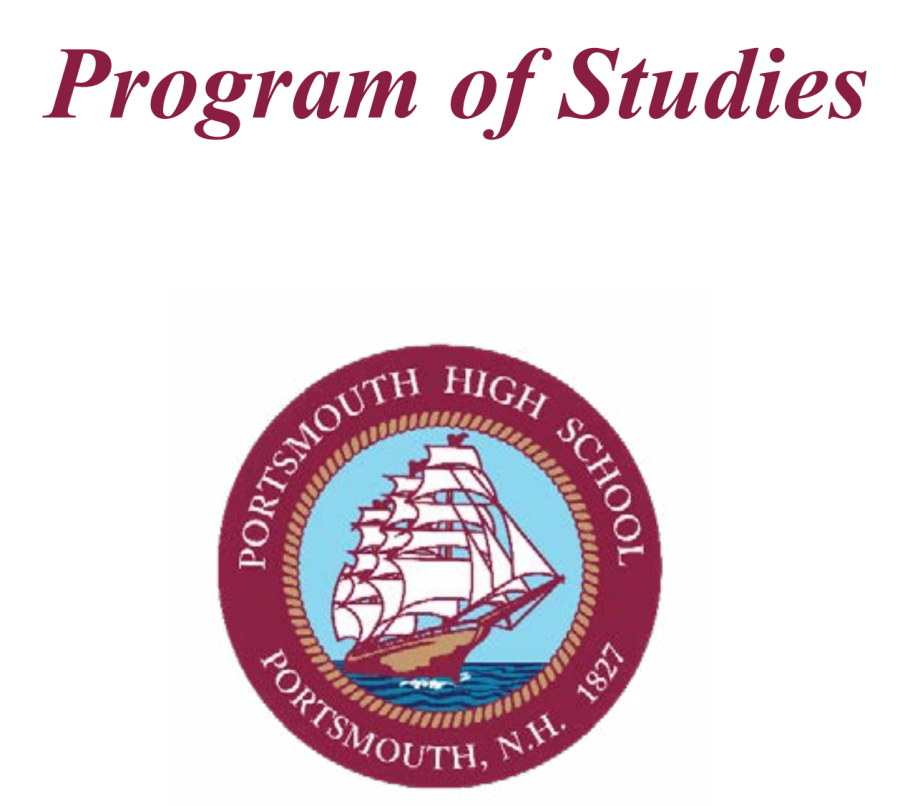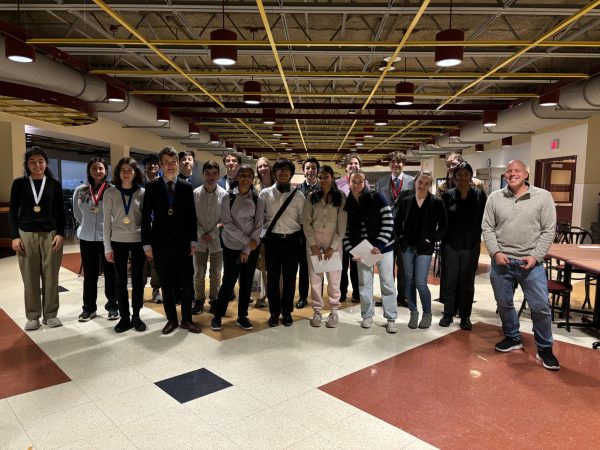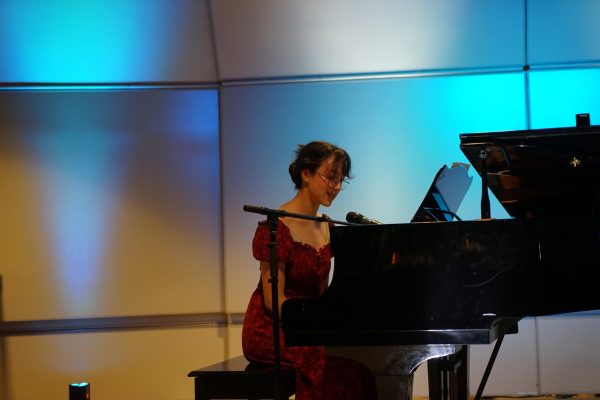2022-2023 Curriculum Changes: What’s New?
For the 2022-23 school year, there are shifts being made to Portsmouth High School (PHS) to grow the course of studies and change the curriculum. This will affect the international languages, social studies, art, and English departments.
One of the major changes affecting multiple departments is the switch from AP to dual enrollment. Dual enrollment allows for actual college credit without the AP test at the end which many students dread.
What used to be AP European History has now become a two-part dual enrollment course called Westward Civilizations. One is handling Mesopotamia to the Renaissance and the other is covering the 1500s to the present day. Students can take either or both of these courses.
The teacher of the class, Cynthia Young, decided to change from AP to dual enrollment.
Young graded AP exams for 2 years and was discontent with some of the grading that occurred. Human error can have a drastic effect on student scores.
The class no longer centers around preparing for an AP exam, which includes sections students are less likely to see in college, such as multiple choice. Teachers can grade based on what is taught versus teaching for the way the AP exam is graded.
This feeling of liberation gained from the removal of the AP exam is shared by other teachers faced with the switch from AP to dual enrollment.
This includes Helaine Wemple who teaches AP Spanish. However, the change from AP will be determined next year by the students who select the course. If the majority sign up for dual enrollment, classes in the following years will become dual enrollment and vice versa for AP.
There are also scheduling benefits to dual enrollment.
AP classes are 3 quarters rather than 2. By taking dual enrollment, students can take more classes and receive more college credits as they are only 2 quarters. This also prevents students from having to fill their schedules with 1 quarter elective classes at the end of the year that they may not even be interested in.
The downside to dual enrollment is that people are more familiar with AP. Some students and parents believe AP to be more rigorous and prestigious. More and more colleges, however, are shifting to cater to dual enrollment, especially after the coronavirus. Last year, the AP exam was taken from home, so the college board had no way to verify it was truly you taking the test.
Some colleges are still not accepting dual enrollment.
In order to cater to many colleges and student needs, PHS is adding dual enrollment because even if a student takes the dual enrollment they can still choose to sit in on the AP exam without ever taking the class. The student will also have the extra quarter where they would normally continue with the AP class to study for the AP exam.
With this wave of dual enrollment courses comes a new course: dual enrollment sculpture. Although the class is still “pending the okay” from Great Bay Community College, it is highly likely that it will be added to the course selection as well. Art classes with college credits are less common, however, depending on the enthusiasm of students, dual enrollment could potentially spread to other areas of the art department. “I’m hoping it’s enticing and hoping it brings more people in,” says Sarah Mundy, the teacher of the potential dual enrollment sculpture.
The English department is seeing significant transformations as well, with the addition of electives for juniors.
In order to accommodate an array of electives, students of different levels will be taught in the same classroom while learning at different levels. If students are interested in taking honors, they will have to contract for it at the beginning of the course.
The hope is that with more electives students will choose what they are interested in and it will aid in class participation. “It’s really good because we tend to do better in classes we have a higher interest in,” says Laurie Relinski, the guidance counselor for the class of 2024.










